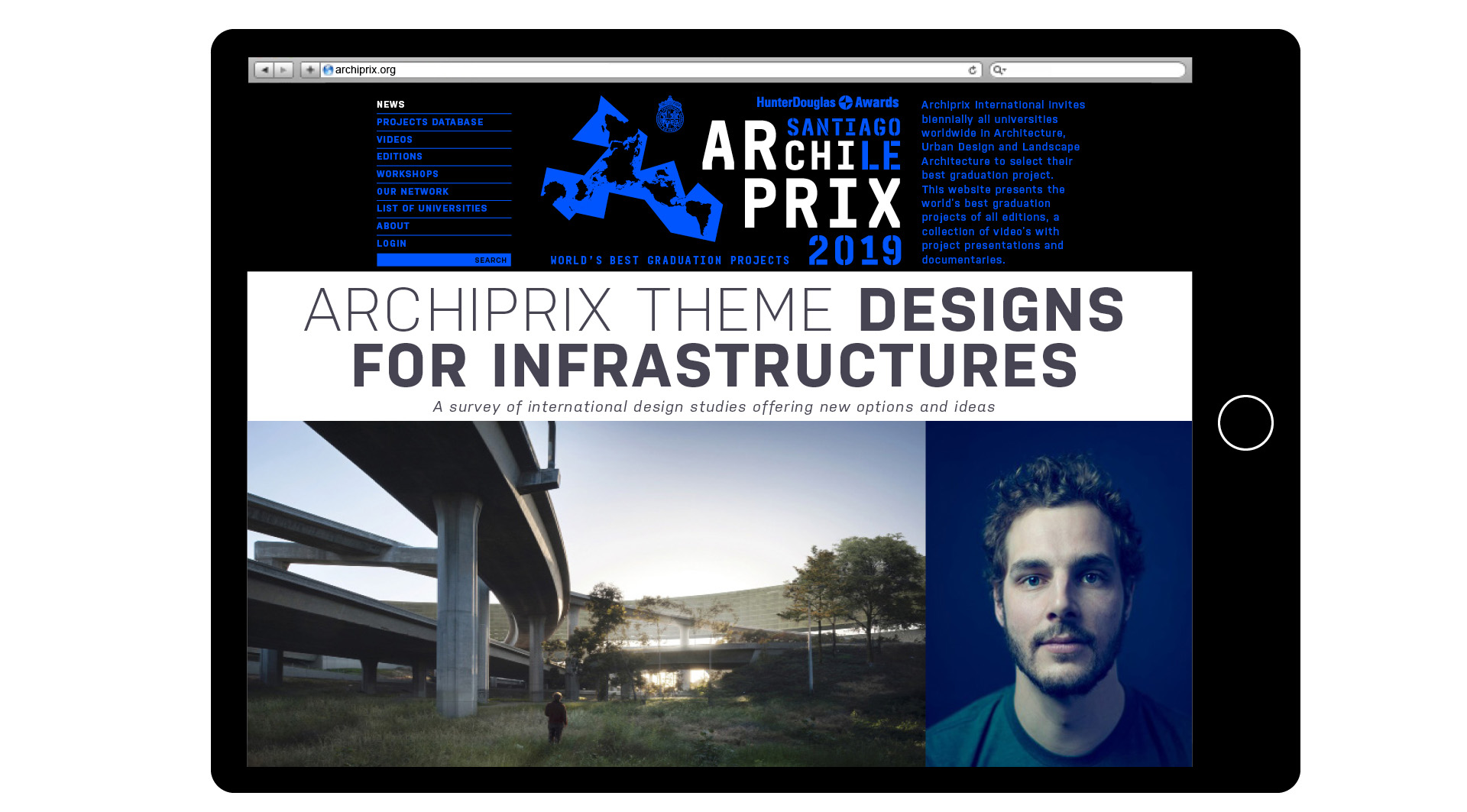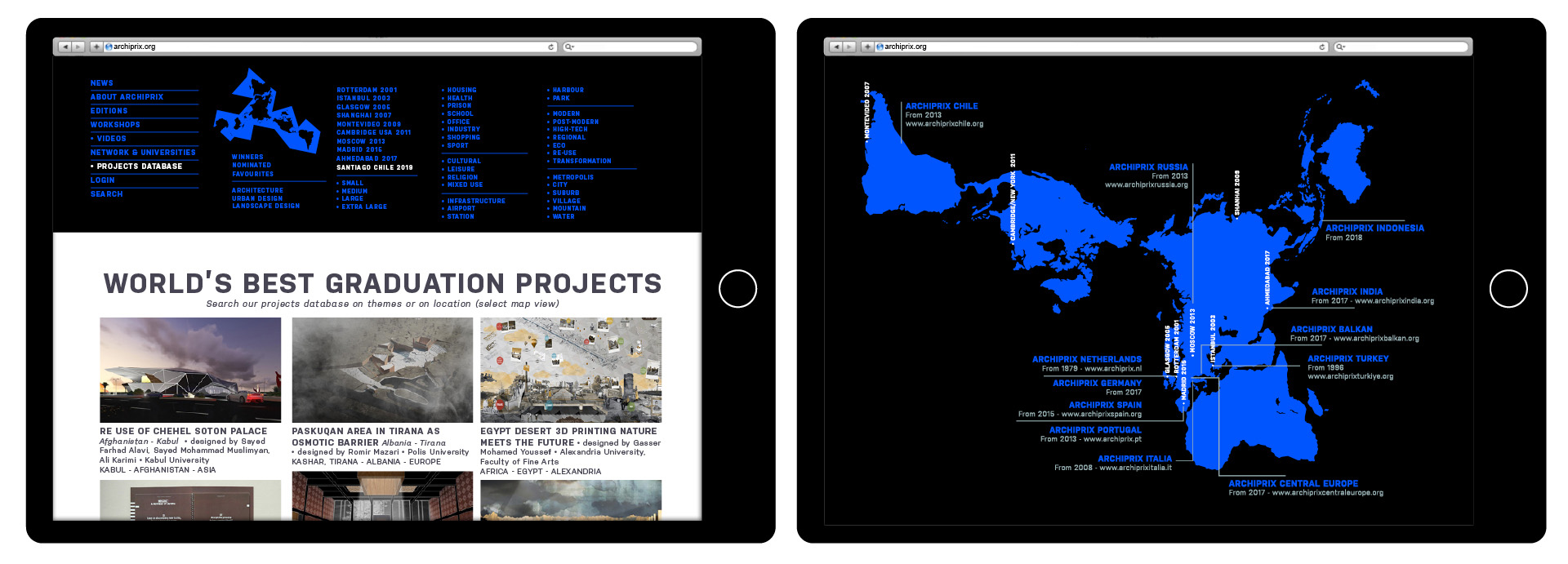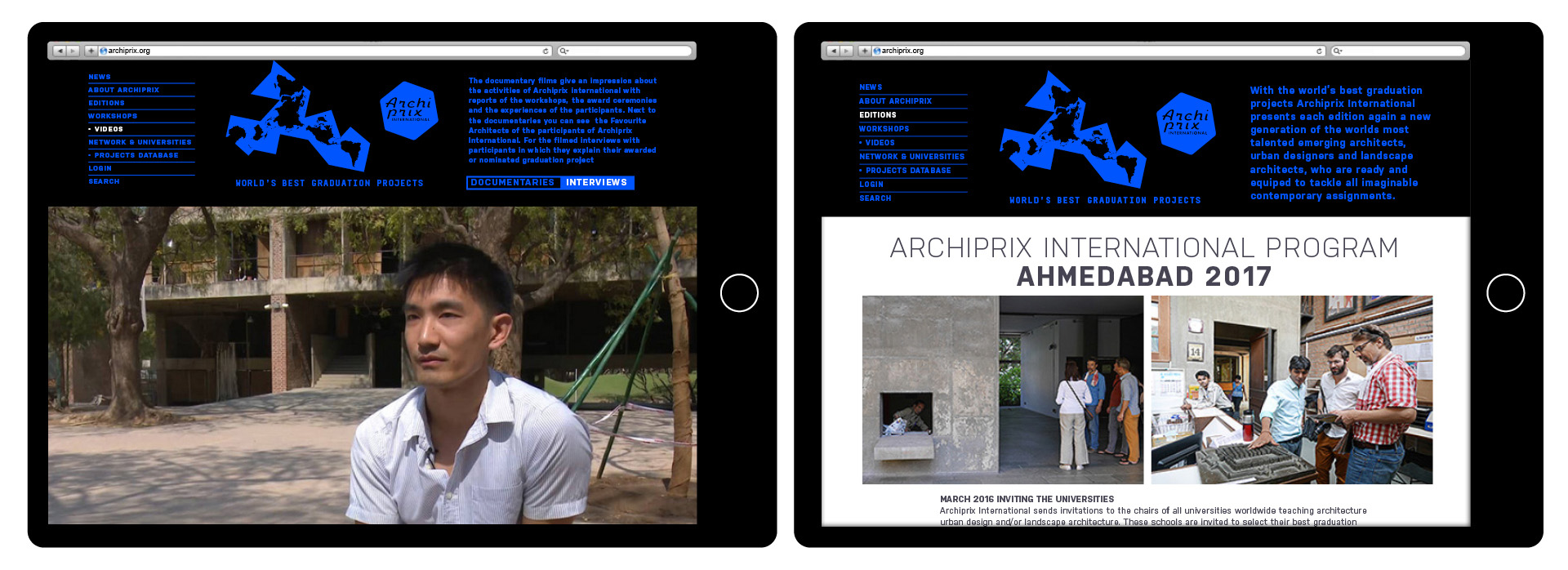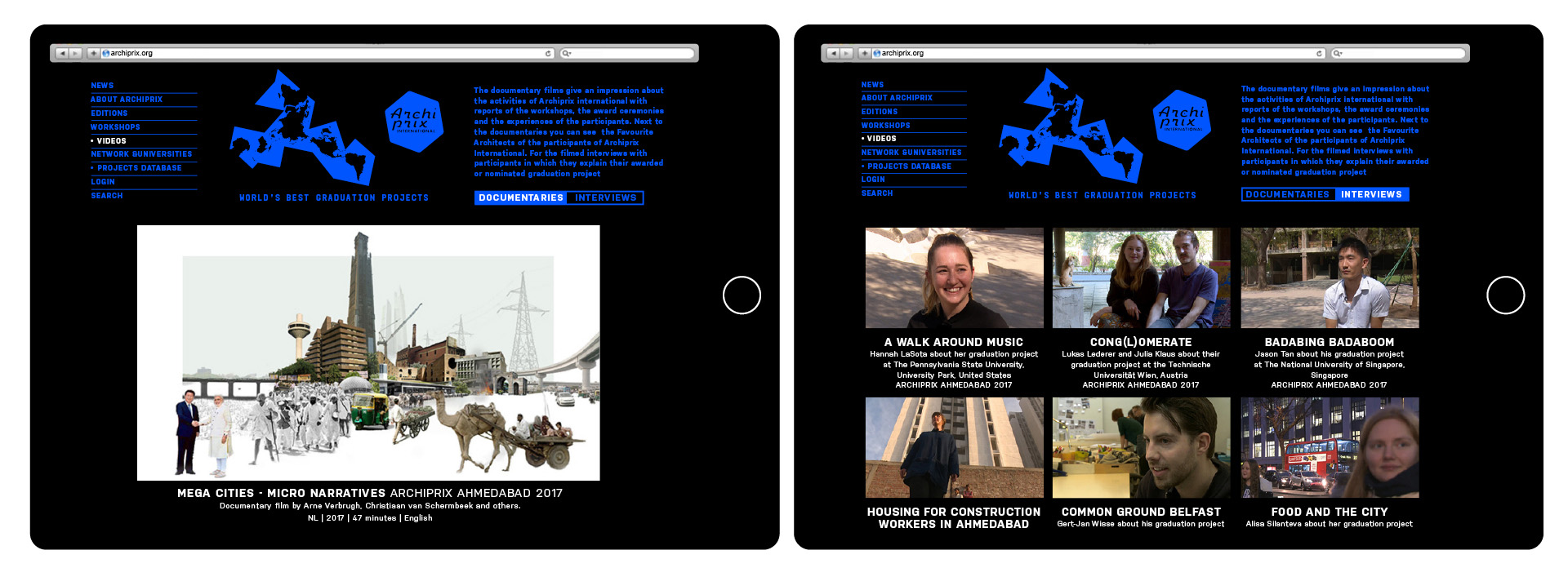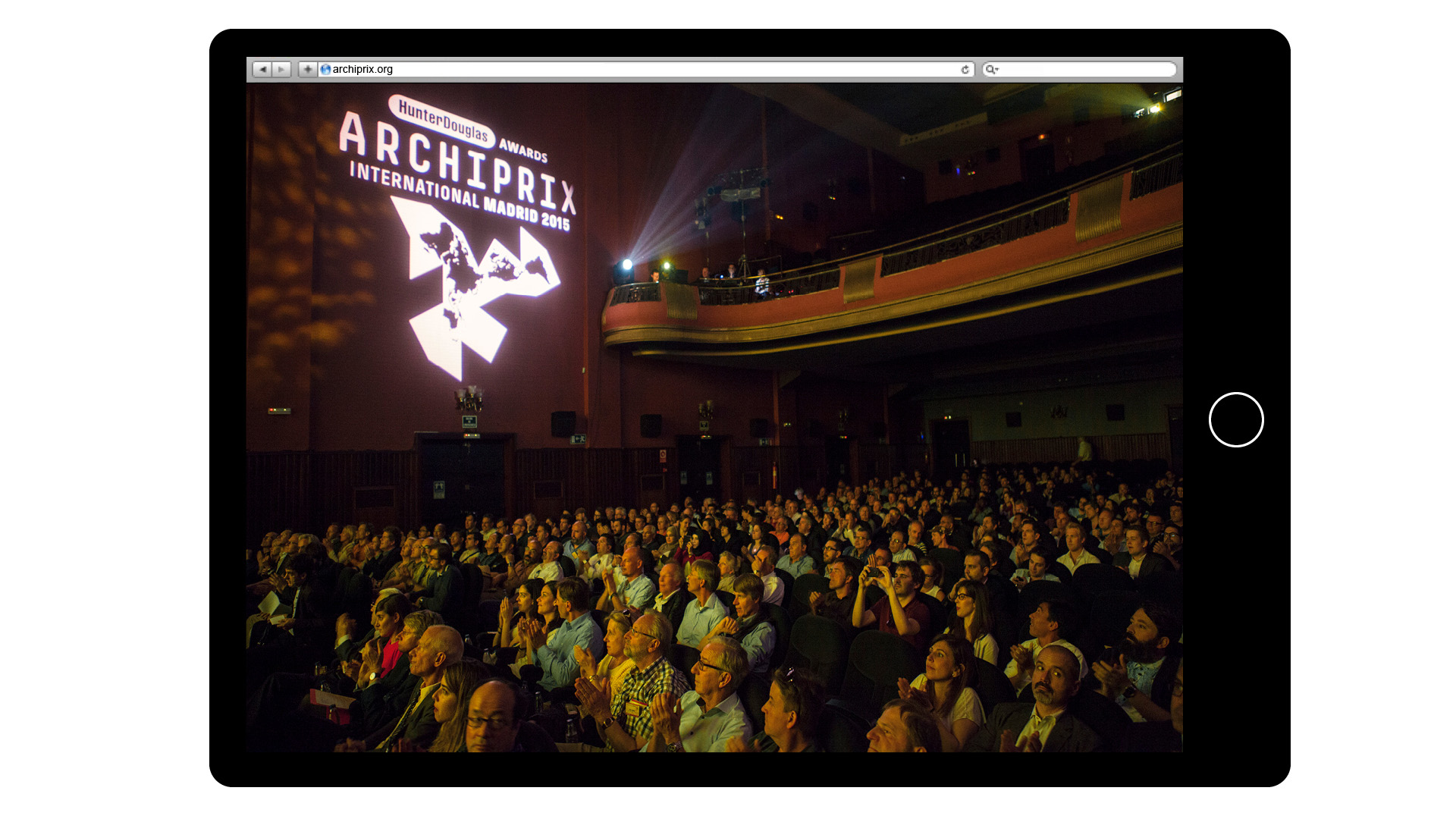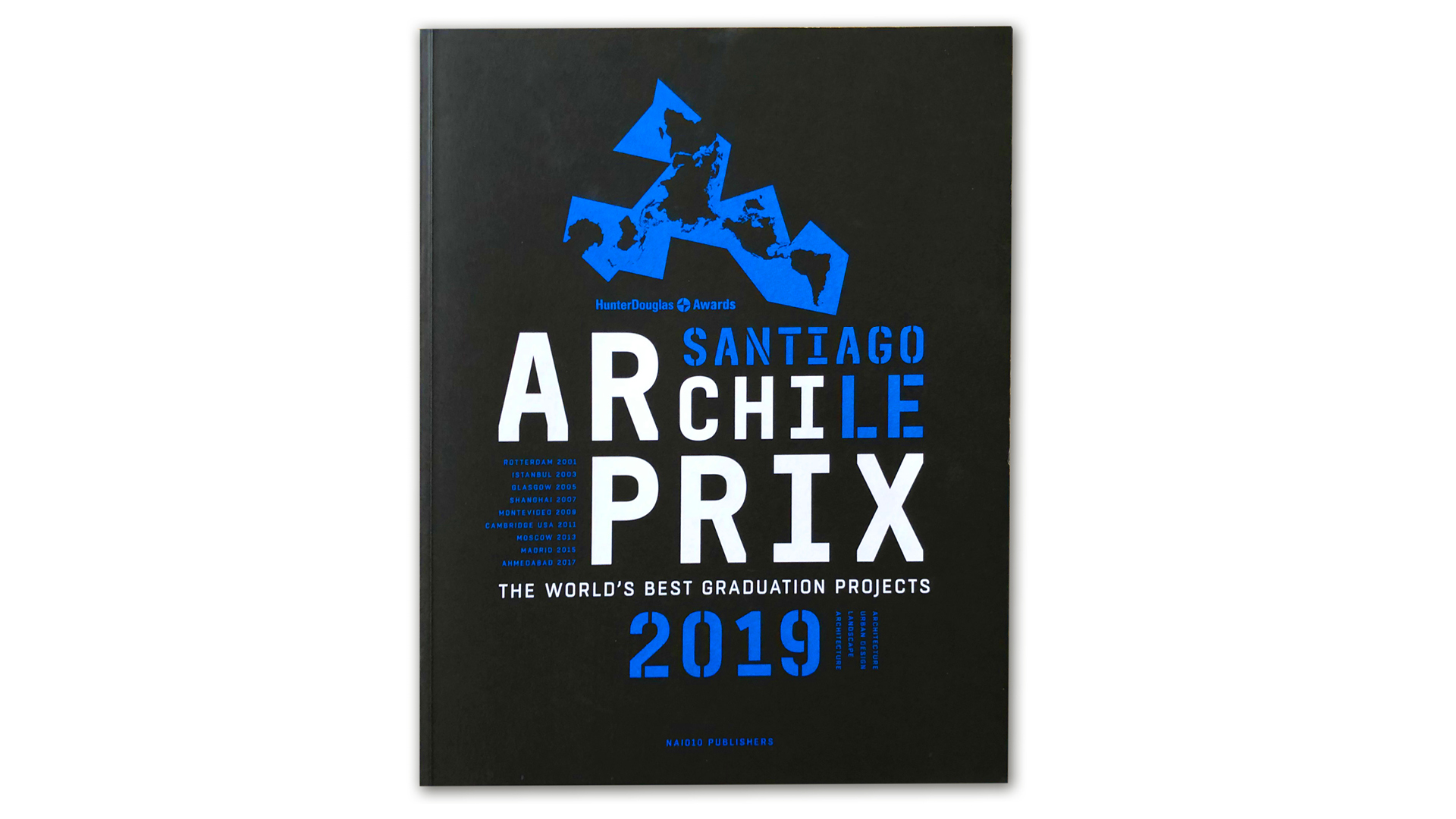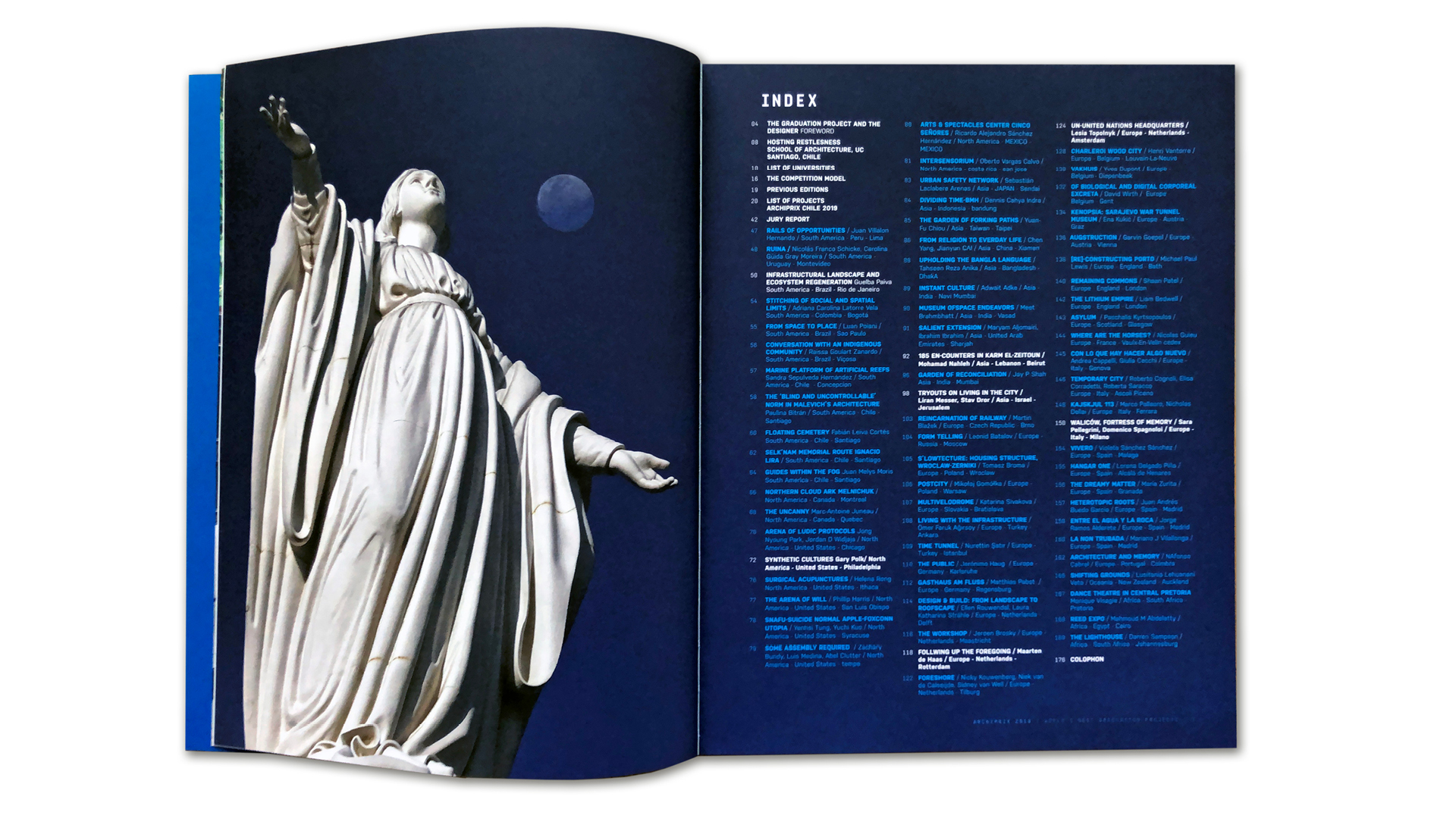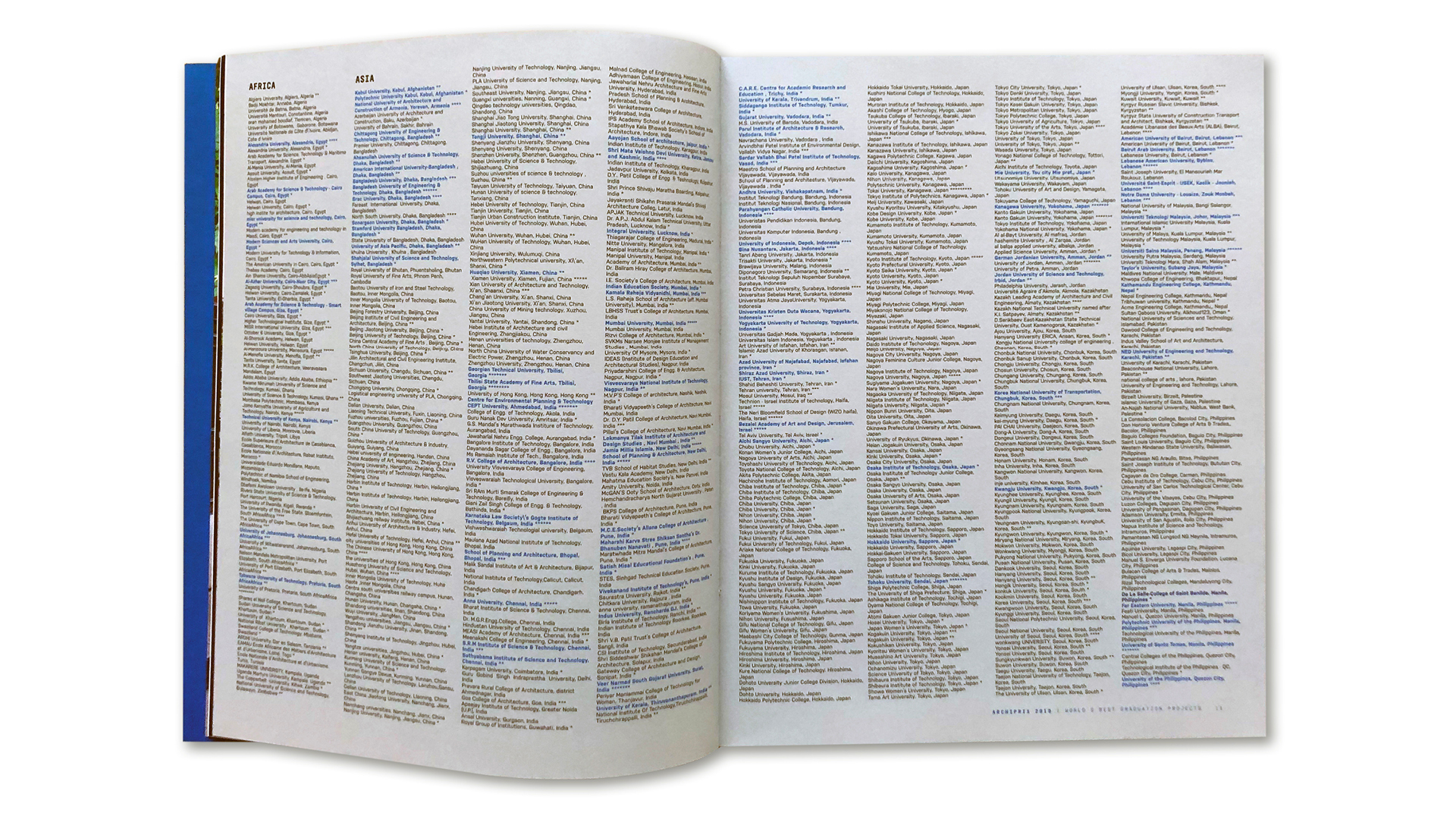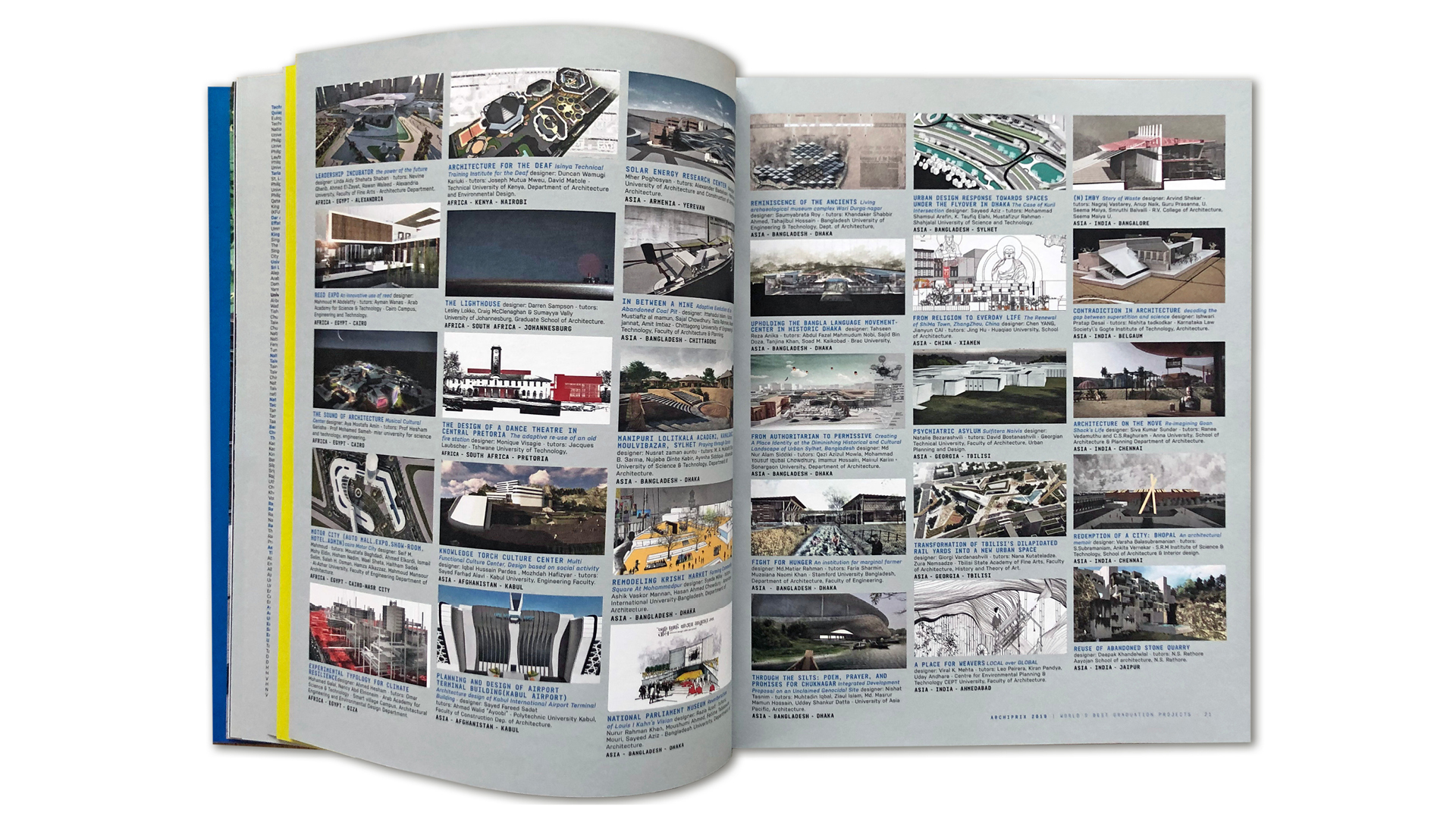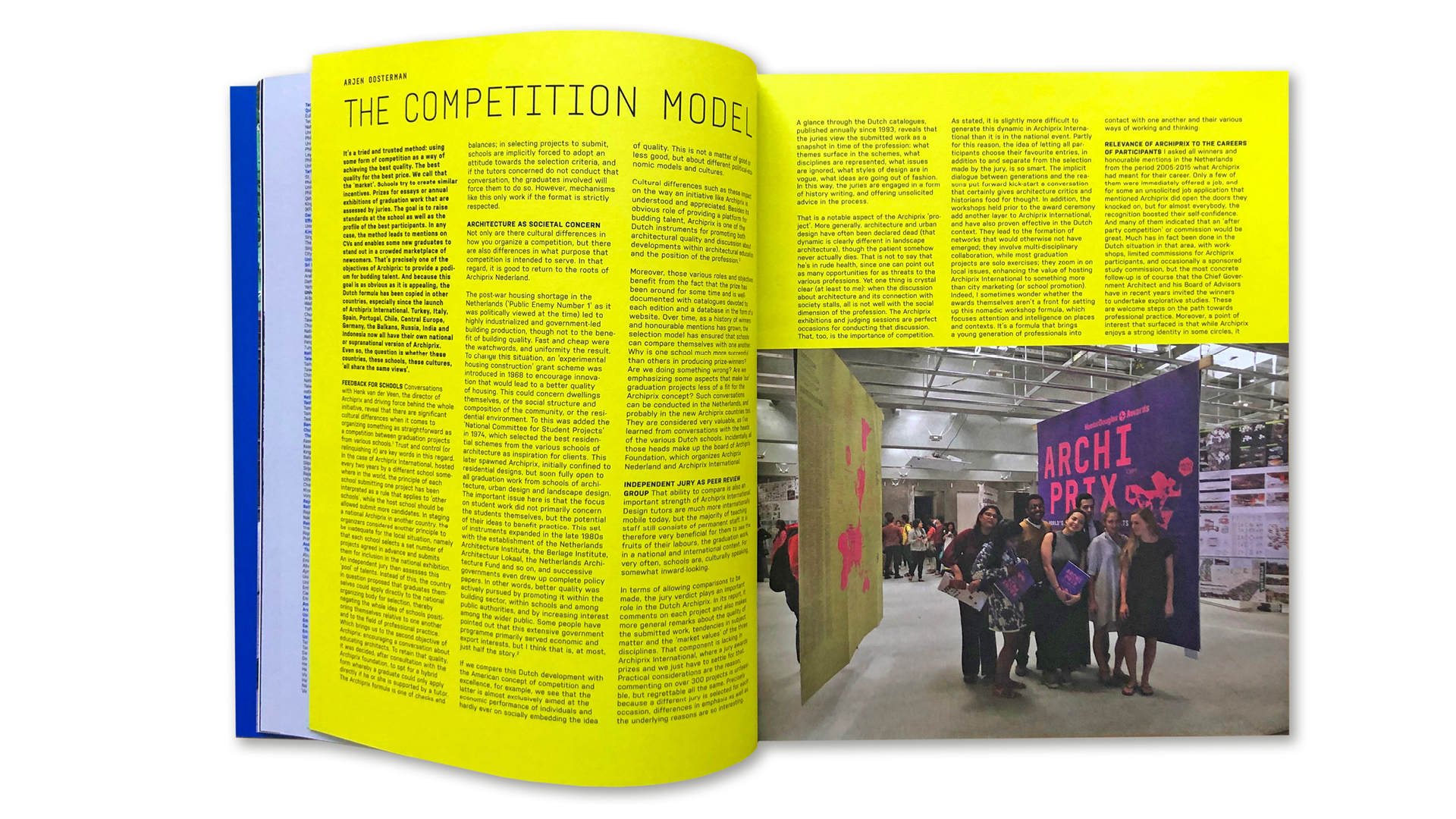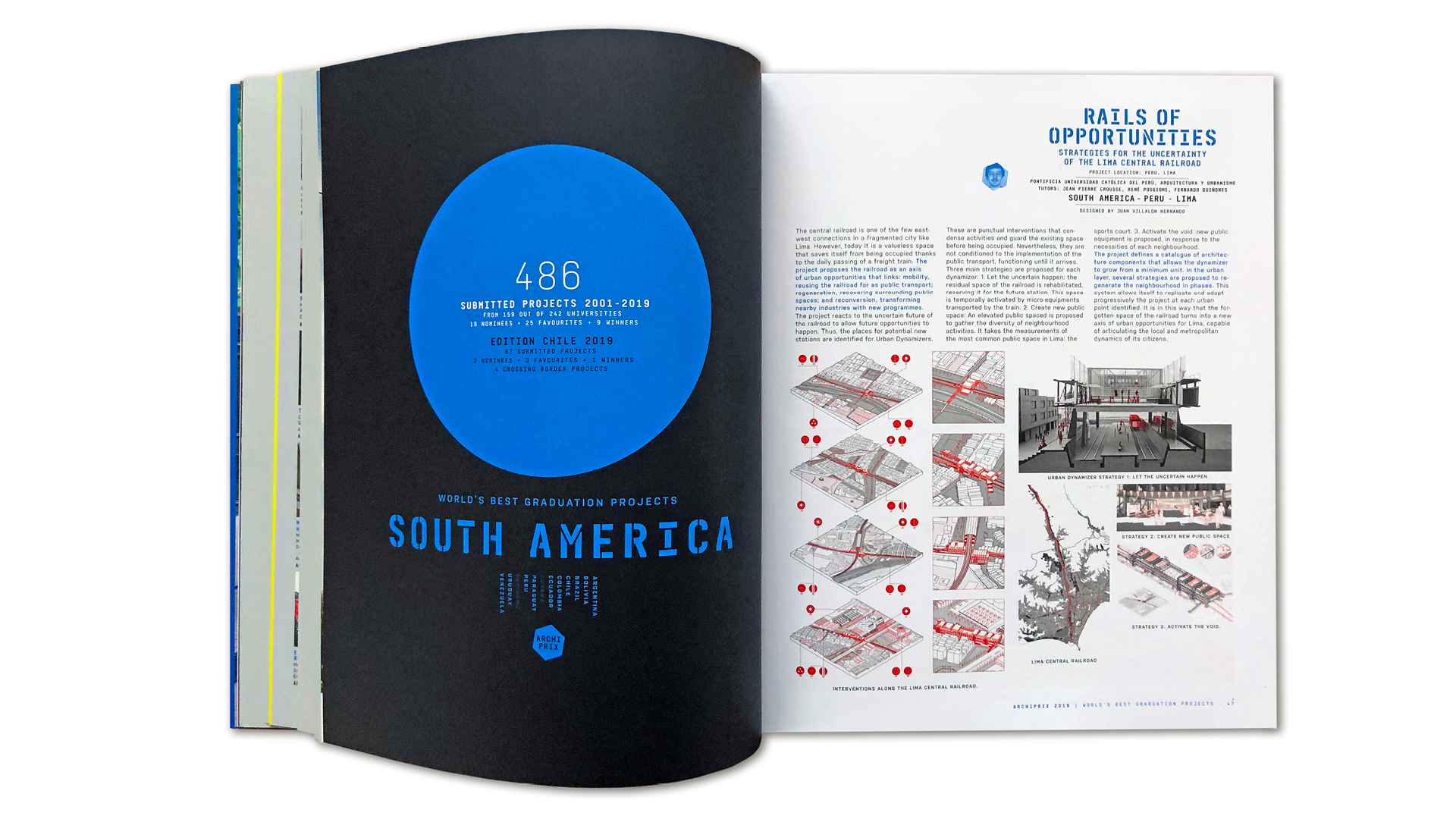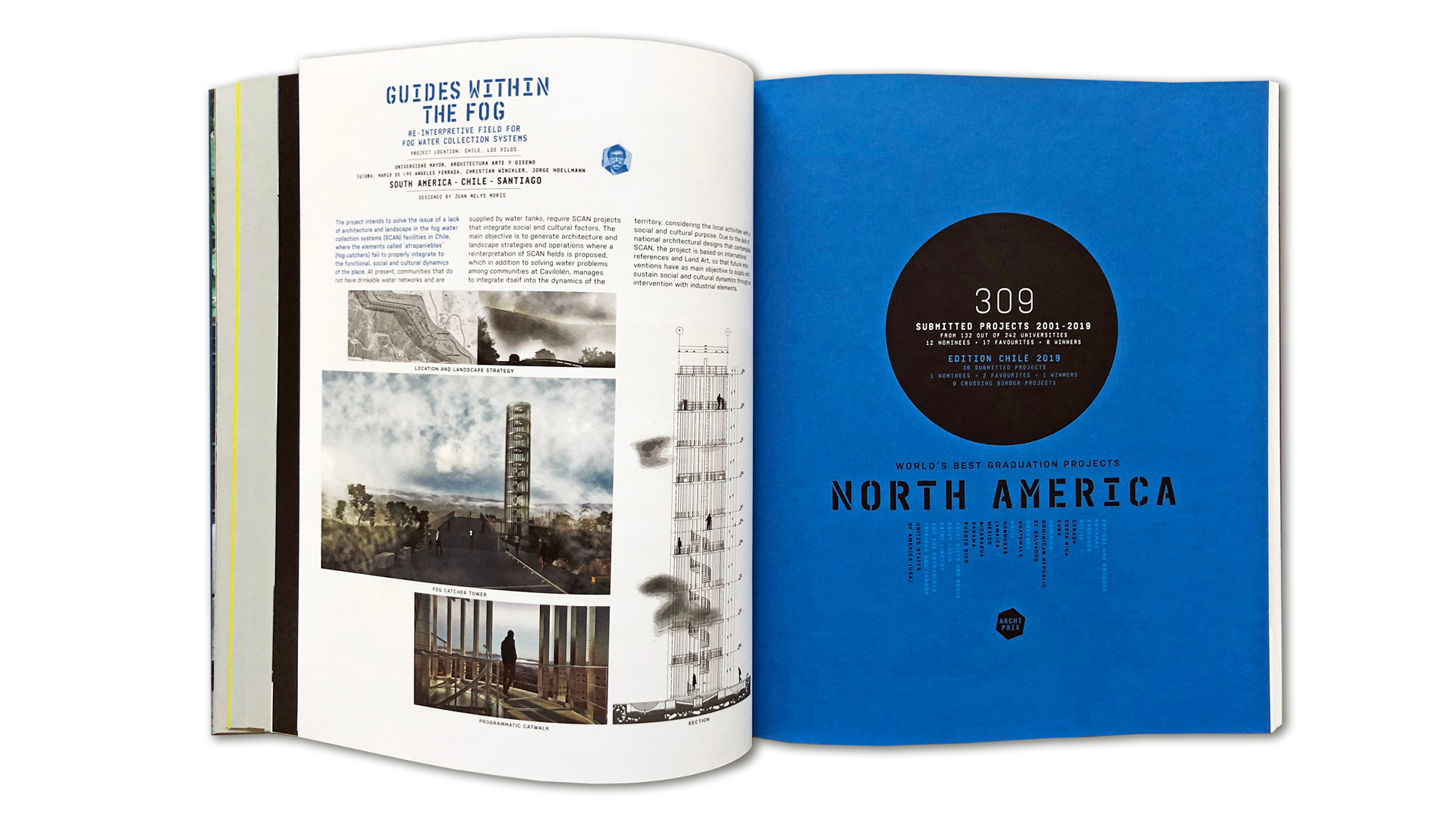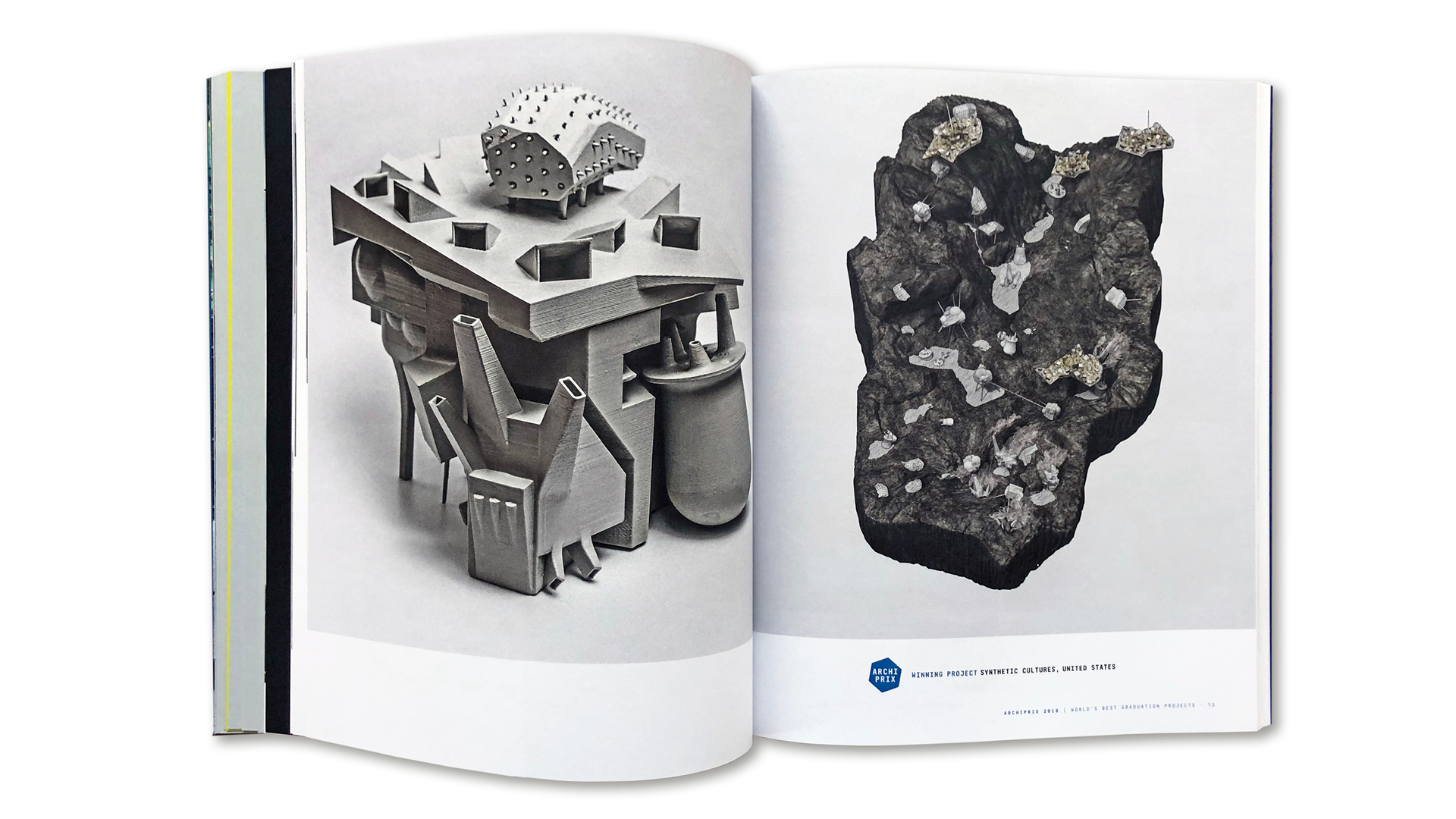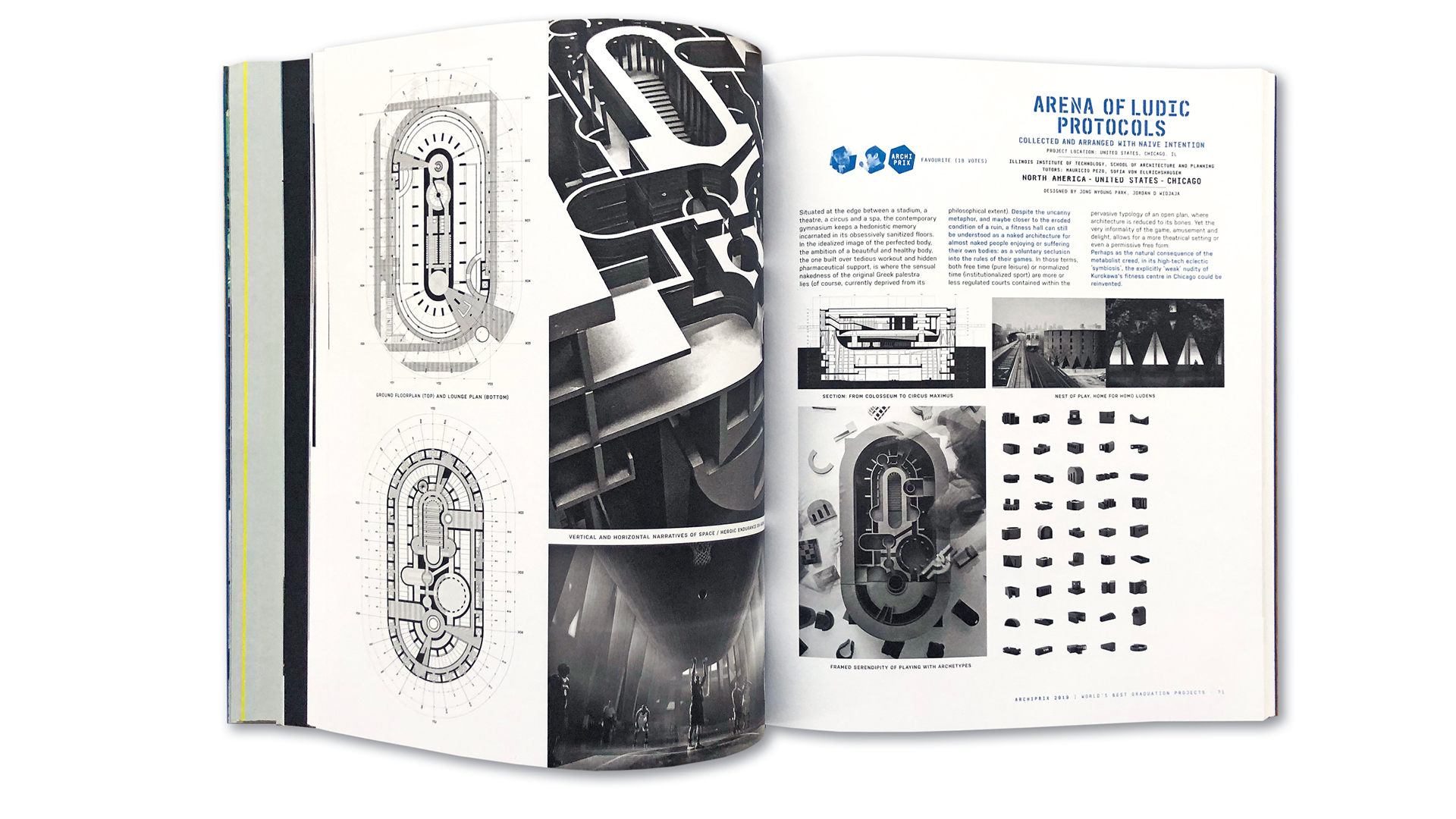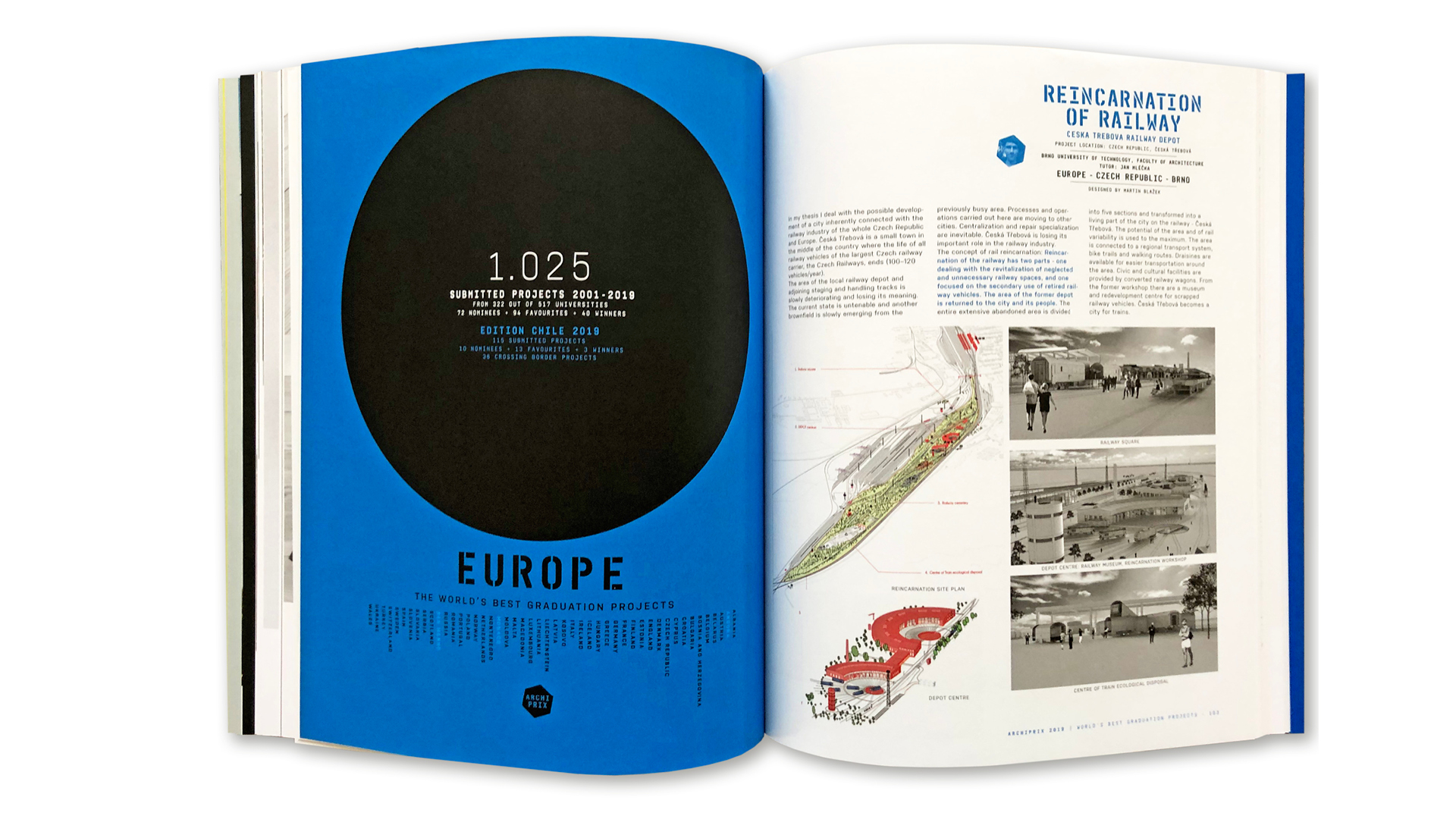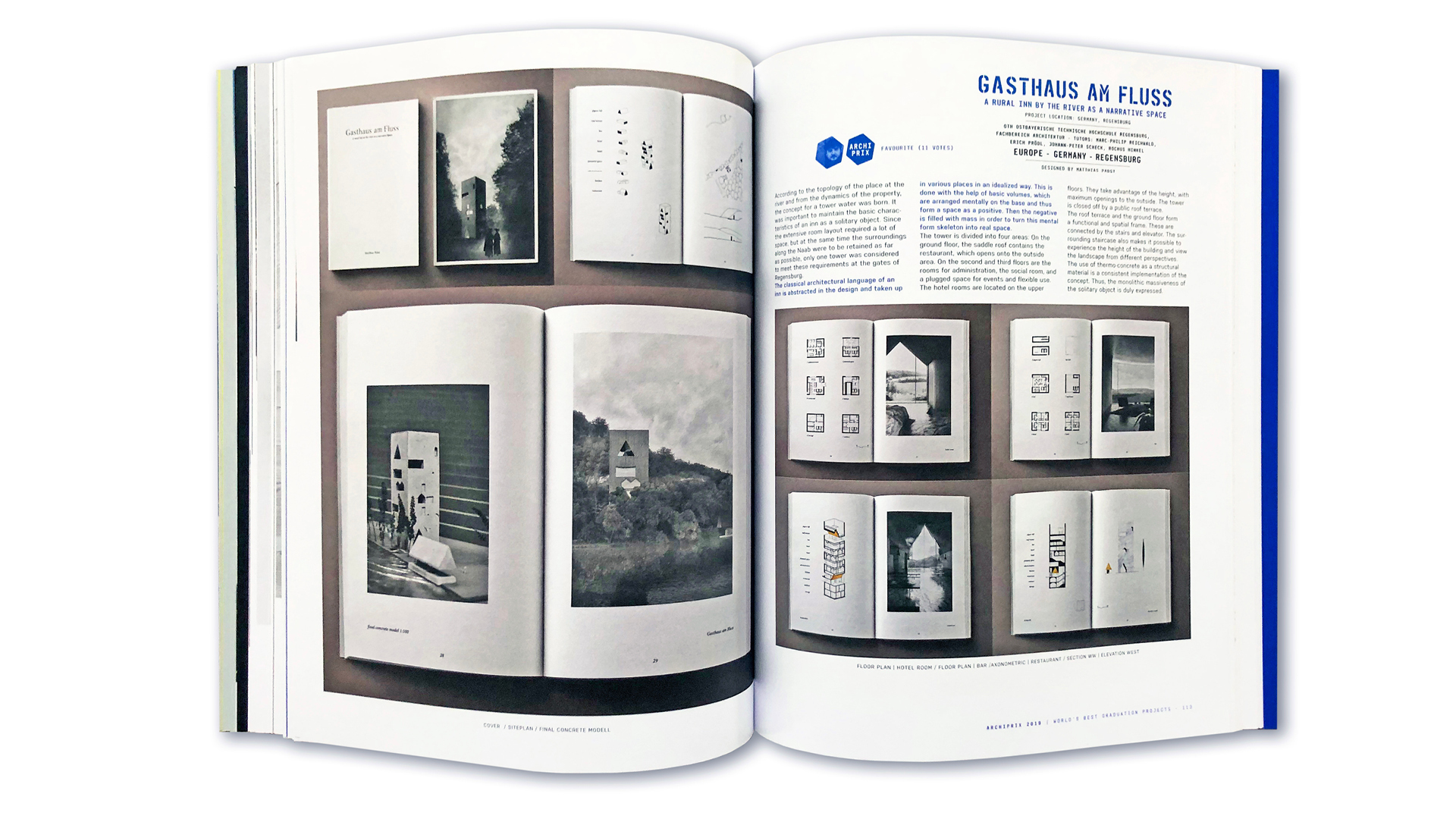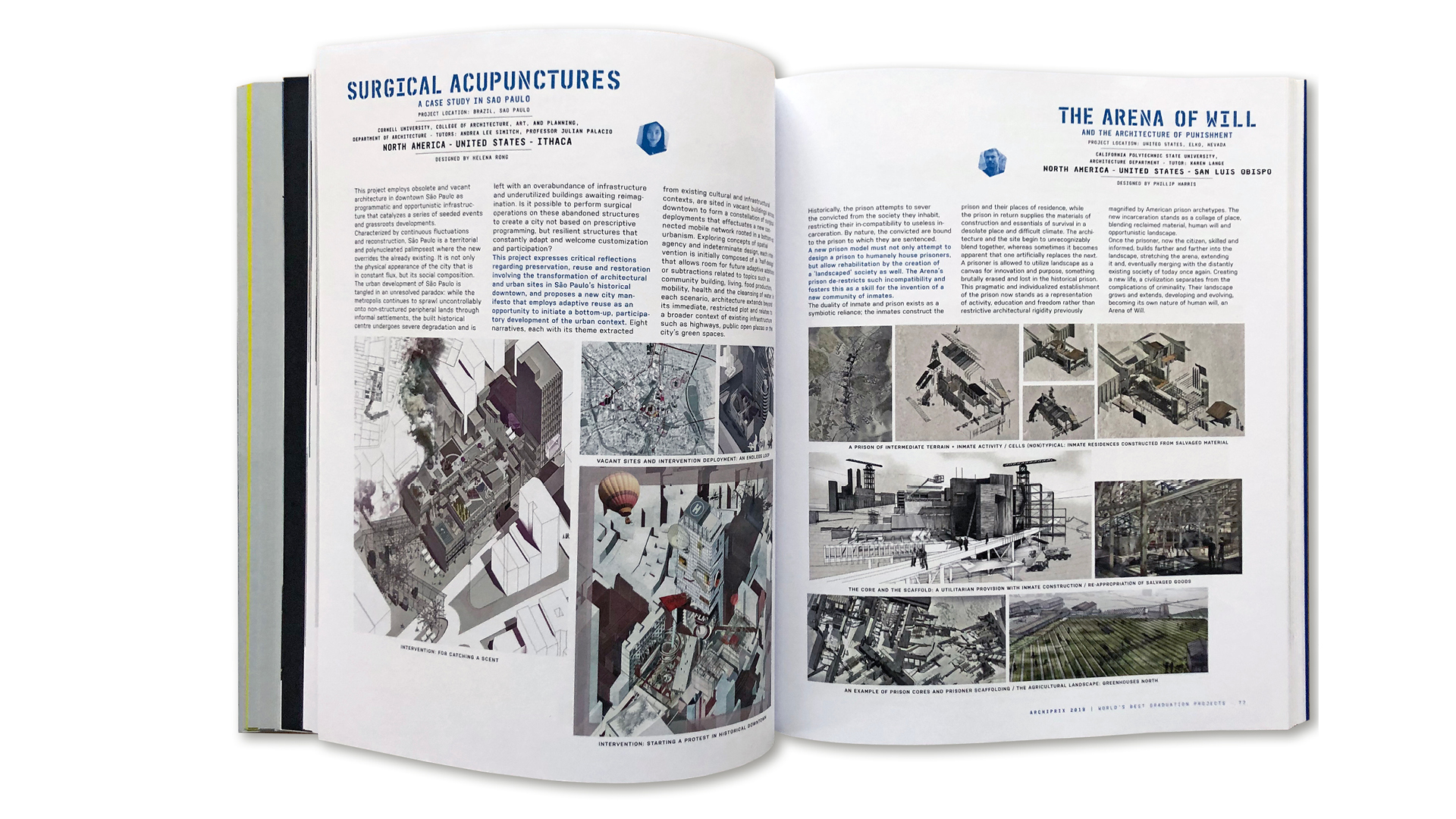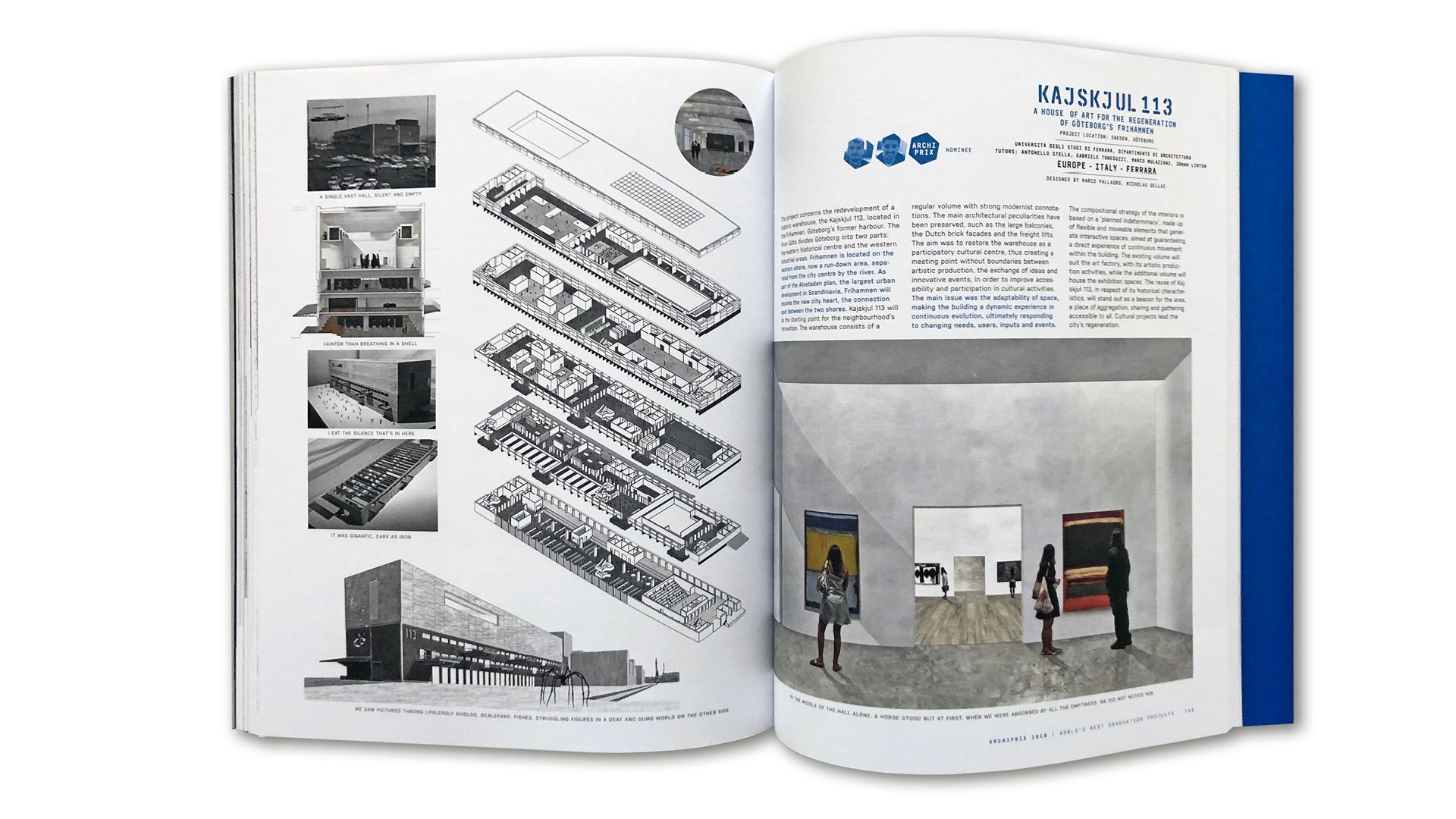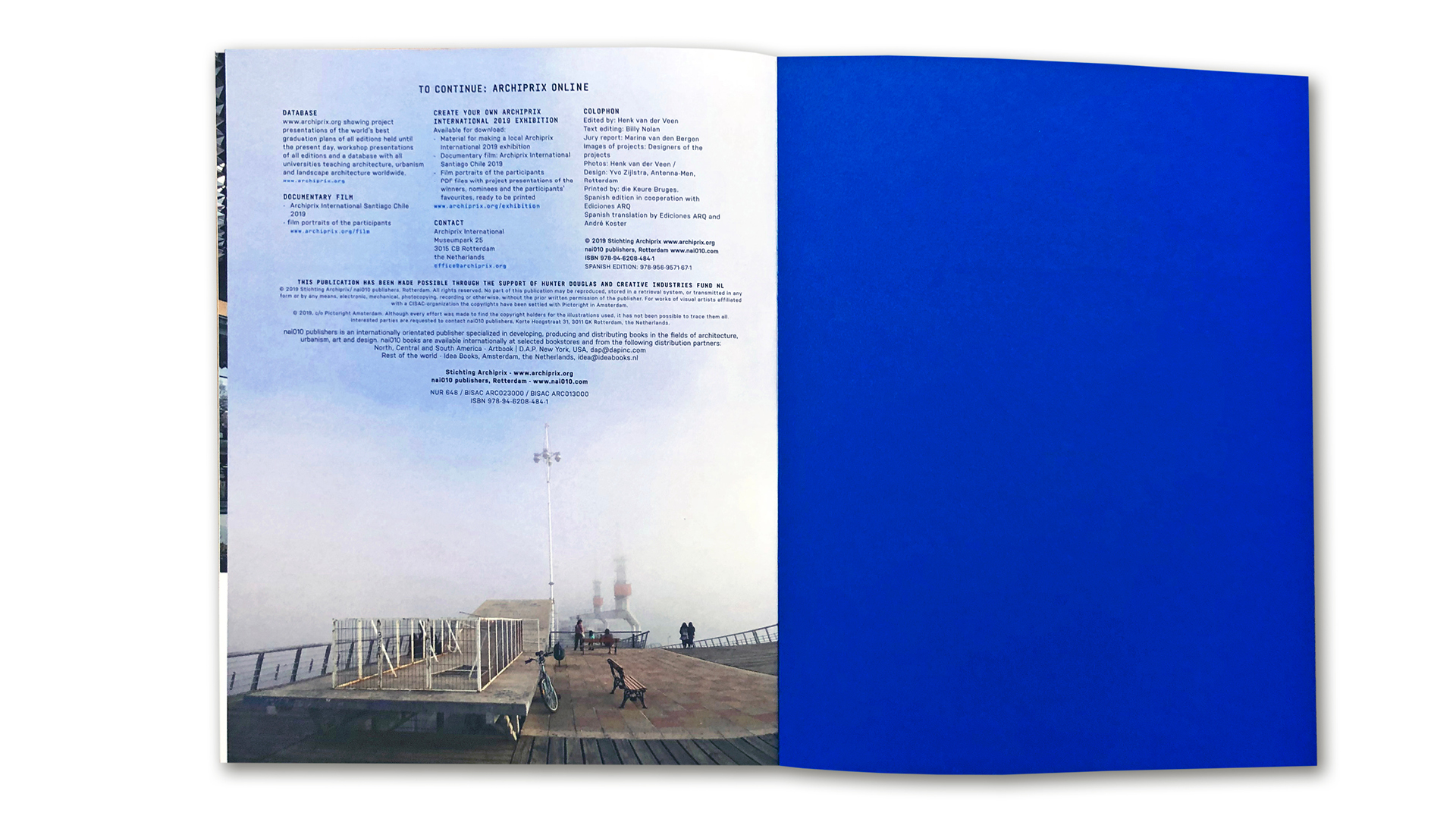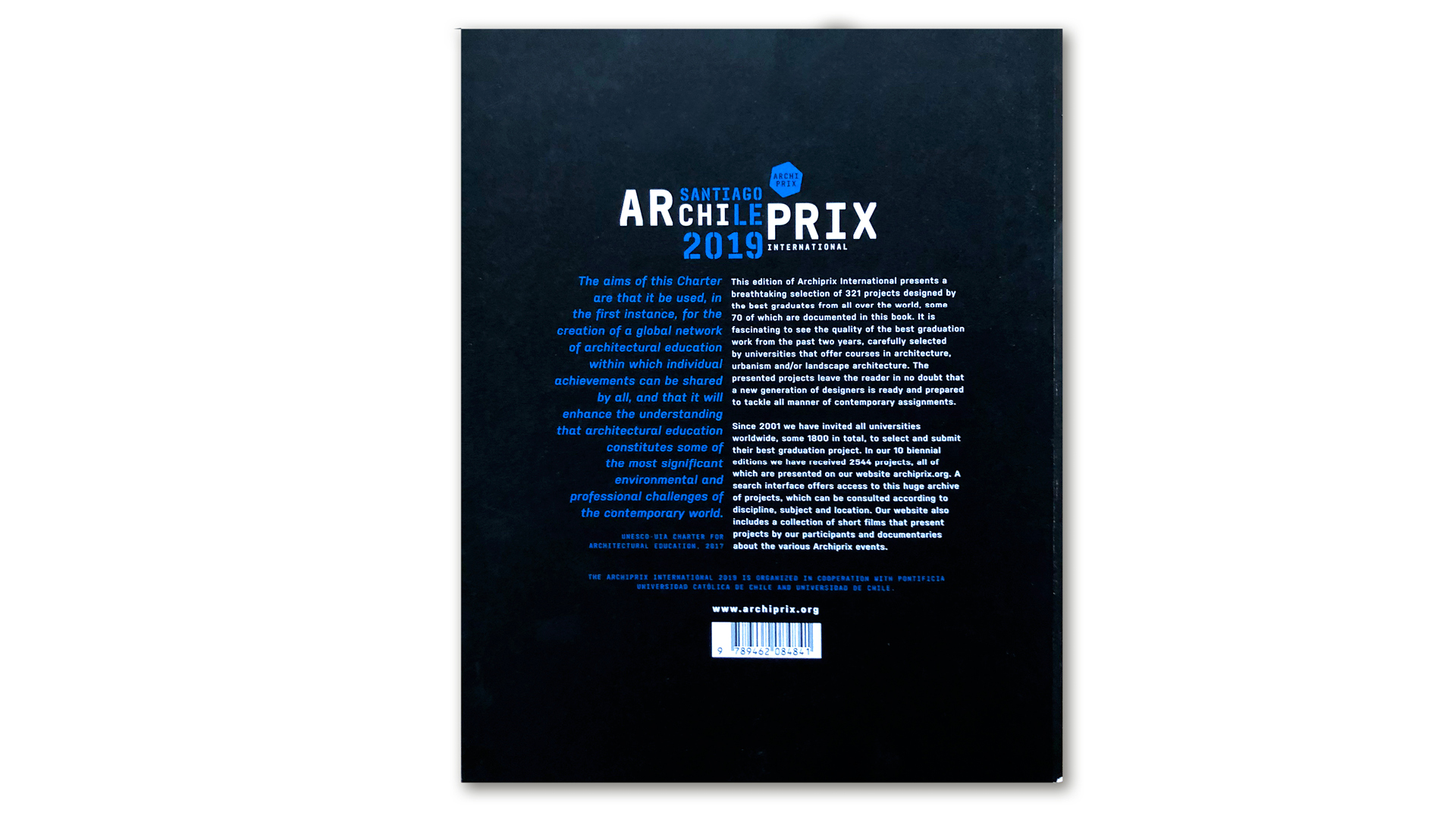It’s a tried and trusted method: using some form of competition as a way of achieving the best quality. The best quality for the best price. We call that the ‘market’. Schools try to create similar incentives. Prizes for essays or annual exhibitions of graduation work that are assessed by juries. The goal is to raise standards at the school as well as the profile of the best participants. In any case, the method leads to mentions on CVs and enables some new graduates to stand out in a crowded marketplace of newcomers. That’s precisely one of the objectives of Archiprix: to provide a podium for budding talent. And because this goal is as obvious as it is appealing, the Dutch formula has been copied in other countries, especially since the launch of Archiprix International. Turkey, Italy, Spain, Portugal, Chile, Central Europe, Germany, the Balkans, Russia, India and Indonesia now all have their own national or supranational version of Archiprix. Even so, the question is whether these countries, these schools, these cultures, ‘all share the same views’.
